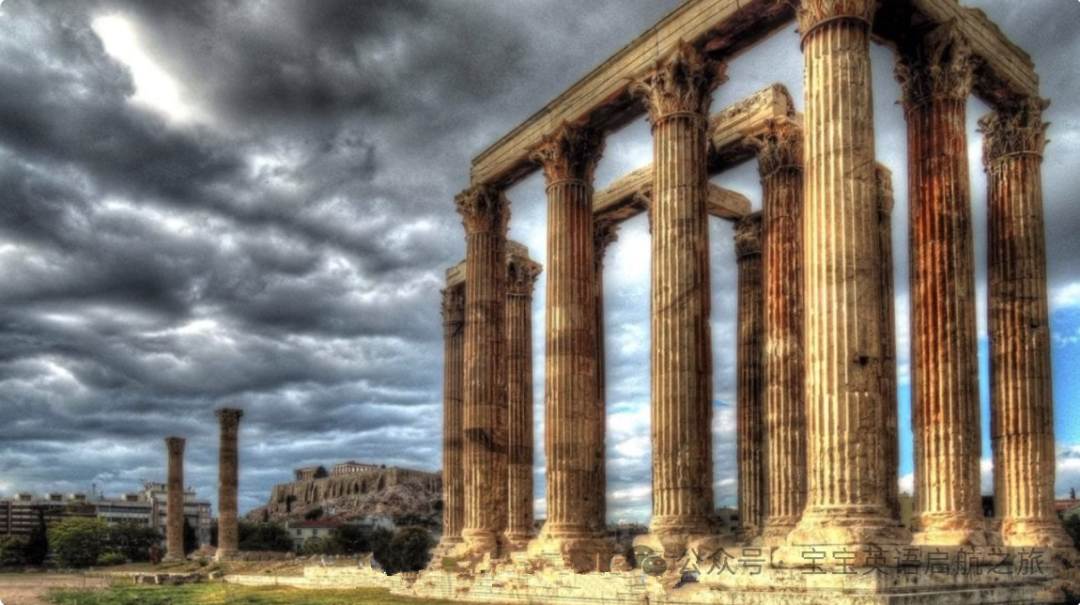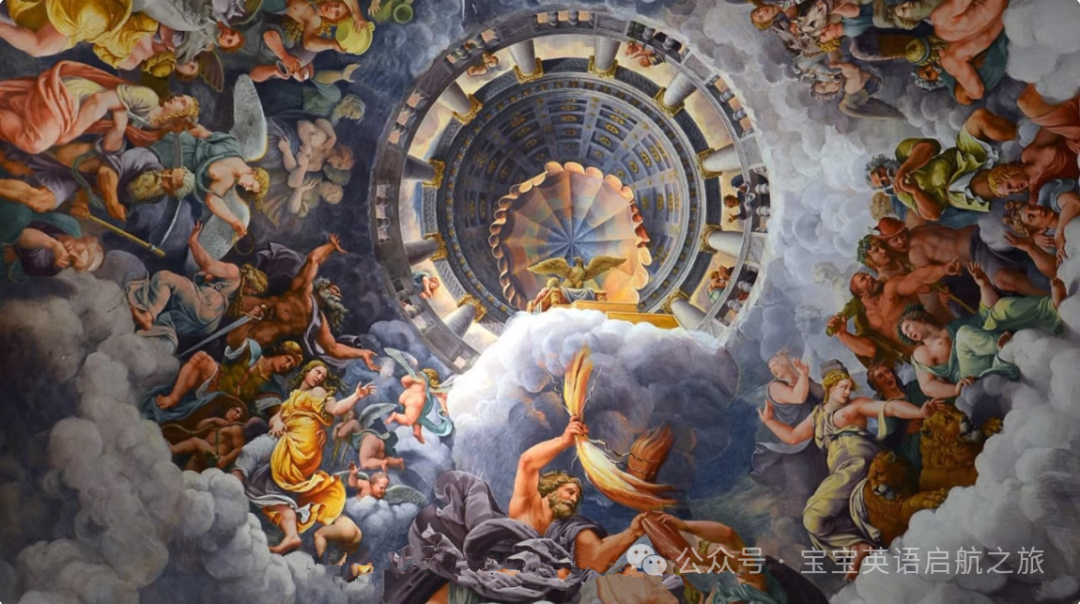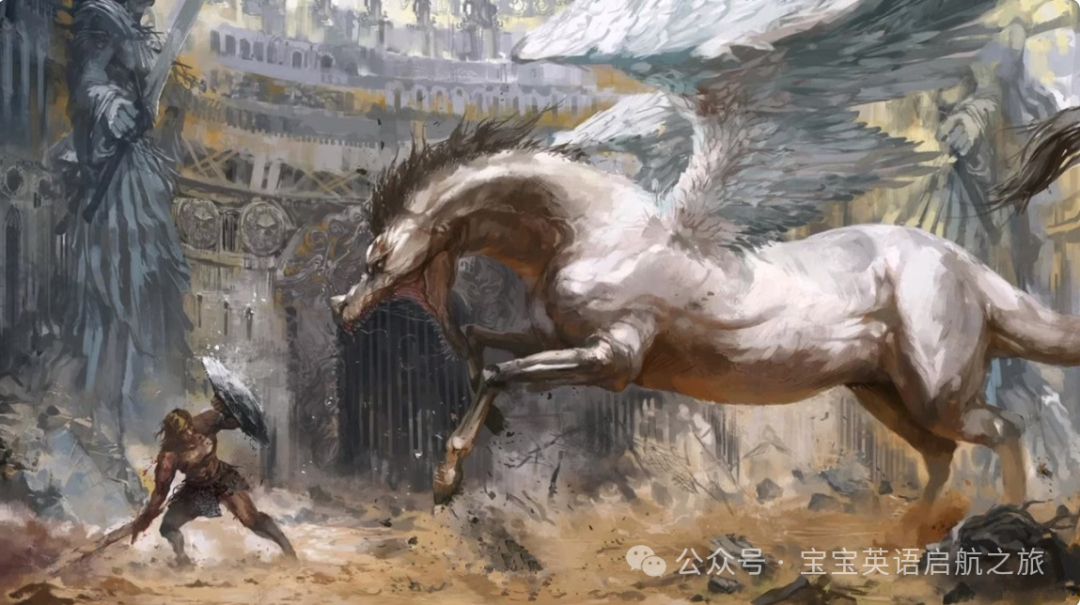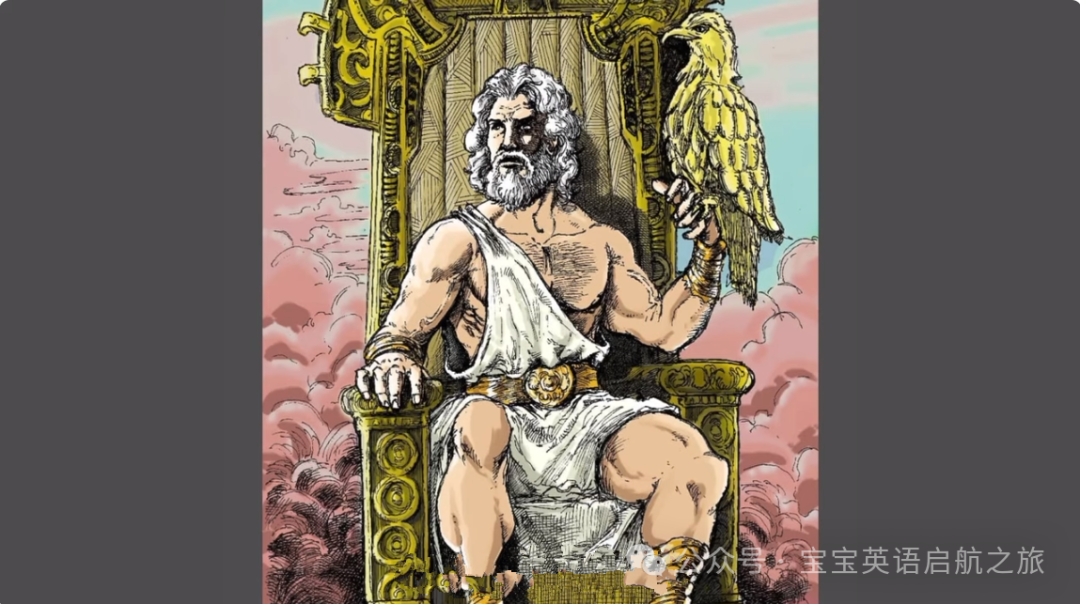英语绘本 ▏每日一读之《奥运会的起源 The Origins Of The Olympic Games》

The full name of the Olympic Games is "Olympic Games", which originated in ancient Greece. It was named because the venue was in Olympia, a sacred place for religious sacrifices.

The ancient Greeks believed in polytheism, so the origin of the ancient Olympic Games is inseparable from the colorful ancient Greek mythology.

According to Greek mythology, Hercules won a game in Olympia and ordered that similar games should be held in Olympia every four years.

Another legend says that after Zeus, the king of the gods, ascended the throne of the gods, he took physical competition as one of the grand celebrations and founded the Olympic Games.

There are more than one mythological story about the origin of the Olympic Games, so I will not repeat them here.
其实,古代奥运会的实际起源与古希腊当时社会的政治、经济、文化等有着密切的关系。
In fact, the actual origin of the ancient Olympic Games is closely related to the politics, economy, and culture of the ancient Greek society at that time.

Ancient Greece was a city-state country without a single monarch. Each city-state was independent and fought against each other for years. In order to cultivate strong soldiers, sports became a powerful means.

Over time, people began to yearn for a peaceful life. As a result, the military and sports training originally designed to prepare soldiers gradually evolved into the ancient Greek Olympic Games held for peace and friendship.

The first ancient Olympic Games was held in 776 BC. Since then, the Zeus Festival was held every four years, and the venue was the Temple of Zeus in Olympia, southwestern Greece.
由此,奥运会逐渐成为城邦之间的盛事,比赛期间各城邦之间停止战争,奥运会因此也成为了和平的象征。
As a result, the Olympic Games gradually became a grand event between city-states. During the competition, the wars between city-states stopped, and the Olympic Games became a symbol of peace.

With the conquest of ancient Greece by the Roman Empire, the Olympic Games gradually lost its status. When Catholicism became the state religion of the Roman Empire, the Olympic Games were regarded as pagan activities and were rejected.

In 393 AD, Roman Emperor Theodosius abolished the ancient Olympic Games, ending the more than 1,000-year tradition.

Later, after natural disasters such as earthquakes, landslides, and floods, Olympia disappeared from the world for a time. It was not until 1766, a thousand years later, that British archaeologists discovered the ruins buried deep in the mud.

More than 100 years later, in 1875, a German archaeological team fully excavated the site of the Games, and the Olympics finally saw the light of day.

The Renaissance, the Reformation, and the Enlightenment in the 14th to 18th centuries also reawakened the spirit of the ancient Greek Olympics.
1894年在法国男爵古柏坦(Pierre de Coubertin)的倡导下国际奥委会正式成立。会中决定:赛会遵循古代奥运会模式,每四年举行一次。
In 1894, the International Olympic Committee was formally established under the advocacy of French Baron Pierre de Coubertin. It was decided at the meeting that the Games would follow the model of the ancient Olympic Games and be held every four years.

So far, the traditional Olympic Games that had disappeared for 1,500 years have been restored.

The first Olympic Games were held in Athens, Greece in 1896. Baron Gubertan is known as the father of the modern Olympic Games.

The 6th (1916), 12th (1940) and 13th (1944) Olympic Games were not held due to war. The 32nd Olympic Games (2020) was postponed for one year due to the global COVID-19 pandemic.

According to the ancient Olympic system, any Olympic Games that were not held for some reason must also occupy a page in Olympic history, so the number of sessions is still arranged in order.
奥林匹克运动会现在已经成为了全世界和平与友谊的象征。
The Olympic Games have now become a symbol of peace and friendship around the world.

Now we are accustomed to calling the Olympic Games from 776 AD to 393 AD the Ancient Olympic Games, and the Olympic Games that were revived since 1896 the Modern Olympic Games.

On July 13, 2001, Beijing's bid for the Olympic Games was successful. The 29th Olympic Games were held in Beijing in 2008.
